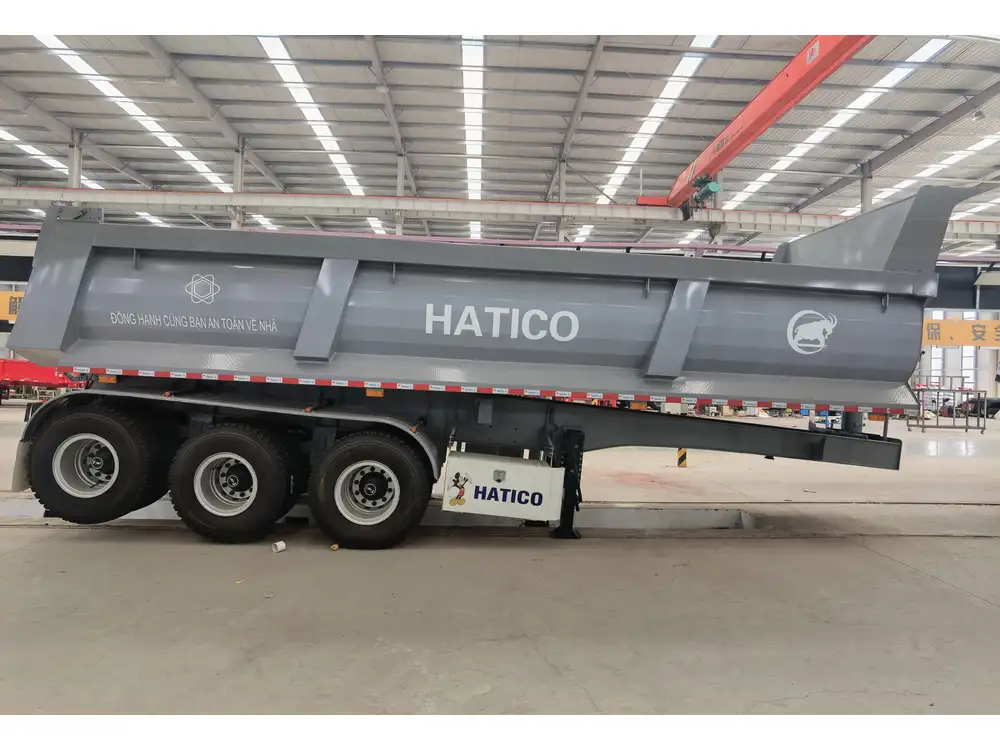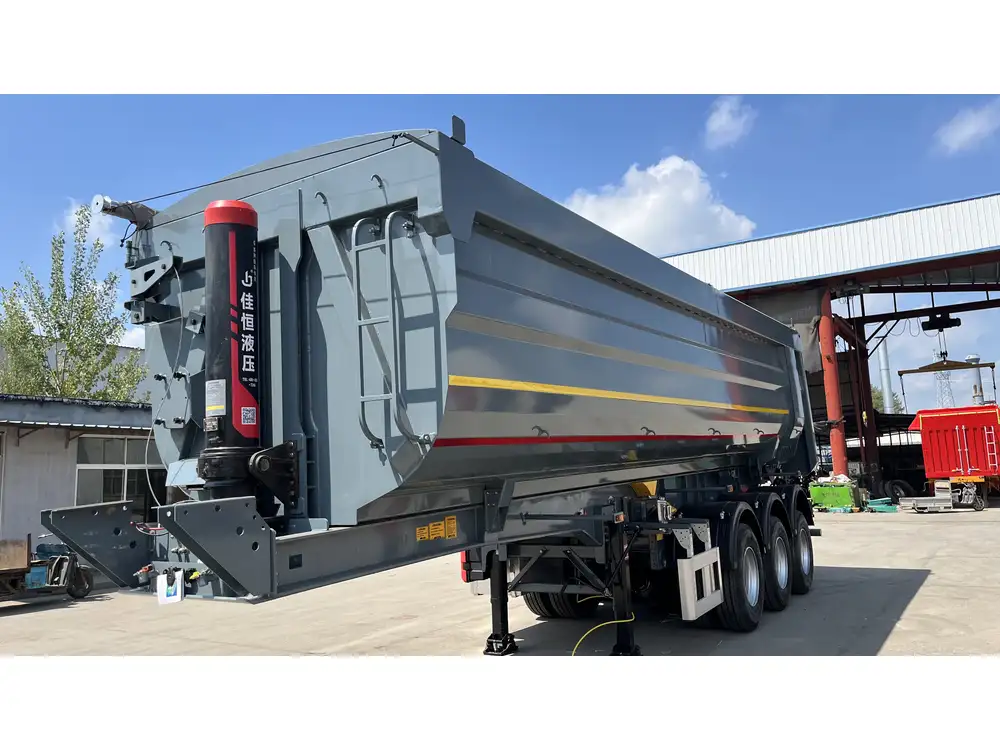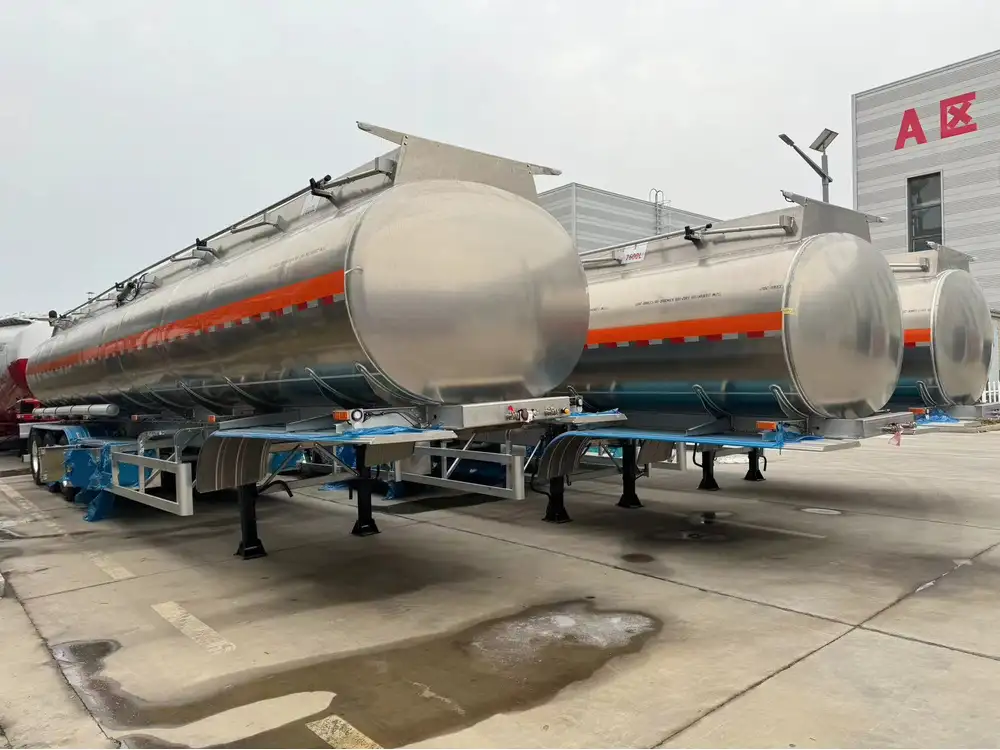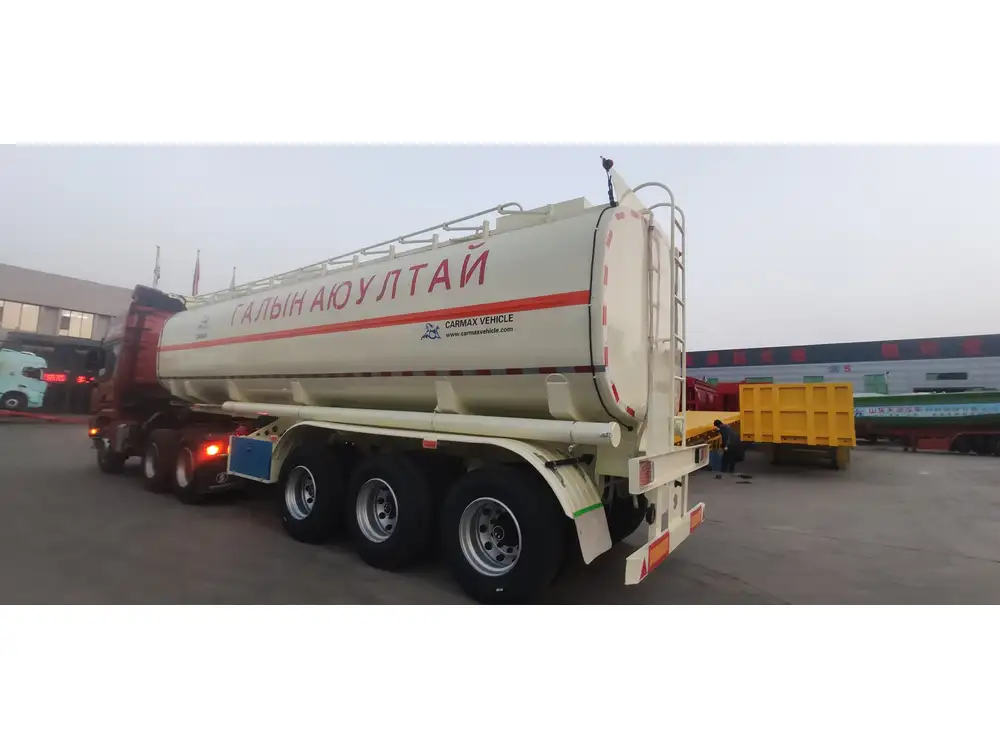The vital role of tires in the semi-trailer industry cannot be overstated—after all, they are the only point of contact between the vehicle and the road. Consequently, the performance, safety, and even the longevity of your semi-trailer depend largely on the quality and maintenance of its tires. One of the most frequently asked questions by operators and fleet managers alike is, “How much is a tire for a semi-trailer?” This article delves deeply into the intricacies of semi-trailer tire pricing, factors influencing costs, and tips for making informed purchasing decisions.
Decoding the Price Range
When contemplating tire purchase, it is essential to note that semi-trailer tires can range significantly in price. Depending on various factors, the cost of a tire can range anywhere from $300 to $1,500 per tire.
| Tire Type | Price Range (Per Tire) |
|---|---|
| Standard Radial Tires | $300 – $600 |
| Premium Radial Tires | $600 – $1,200 |
| Specialty Tires | $1,200 – $1,500 |
Tire Types Explained
- Standard Radial Tires: Commonly used for general freight hauling. These tires offer good durability and traction at a reasonable pace.
- Premium Radial Tires: Often feature advanced technology for improved fuel efficiency and mileage, catering to long-distance haulers.
- Specialty Tires: Designed for specific applications such as heavy loads or off-road conditions, these tires can significantly drive up the costs.

Understanding Factors Impacting Tire Costs
The price of a semi-trailer tire is contingent upon several critical factors:
1. Tread Design and Type
Different tread patterns are engineered for specific hauling conditions. Tires made for wet conditions typically have deeper grooves for optimal grip, whereas tires meant for dry, hard surfaces may feature shallower tread design. This specificity affects manufacturing complexity and thereby price.
2. Load Rating and PLY Rating
The load-carrying capacity and PLY rating are crucial to the longevity and performance of the tires. Higher PLY ratings correspond to a greater ability to handle weight, which often results in a higher price point. Understanding your operational needs in terms of weight capacity is essential.

3. Brand Reputation
Reputable brands may charge a premium for their product due to their established quality and reliability. While it’s tempting to opt for less expensive options, the long-term benefits of investing in higher-quality tires often outweigh the initial cost.
4. Tire Size
The size of the tire is another significant factor. Larger tires or those with specialized designs can carry a higher price tag. For example, a common size for semi-trailer tires is 295/75R22.5, but variations can demand different pricing structures.
5. Geographic Location
Tire pricing can vary greatly by region, influenced by local supply and demand, transportation costs, and taxes. It’s advisable to check local tire retailers or suppliers to gauge the going rates.

6. Season and Economic Factors
Seasonal demand and fluctuating material costs can affect tire prices. For instance, during peak freight seasons, the demand for tires may rise sharply, leading to potential price increases.
Cost of Ownership Beyond Purchase Price
Purchasing tires is not the final expense; managing a fleet brings ongoing costs related to tire maintenance, including alignment, rotation, and safety checks. Understanding the total cost of ownership is crucial:
| Expense Type | Estimated Cost |
|---|---|
| Routine Rotation | $20 – $50 per tire |
| Alignment Services | $75 – $150 per axle |
| Tire Disposal Fee | $5 – $10 per tire |
| Emergency Repairs | Varies based on damage severity |
Maximizing Tire Longevity: Essential Tips
To minimize overall expenditures on semi-trailer tires, strategic maintenance and usage tactics can yield tremendous benefits:

Regular Inspections
Conduct routine visual and physical inspections to detect any early signs of wear, damage, or air pressure issues.
Tire Rotation
Rotate tires based on the manufacturer’s recommendations to ensure even wear over time, thus extending the life of each tire.
Proper Inflation
Maintaining the correct tire pressure is pivotal. Under-inflation can lead to excessive wear and tear, while over-inflation can cause blowouts.

Selection of Quality Tires
Investing in premium tires up-front can enhance performance and longevity—ultimately saving costs in the long run.
Comparing Different Tire Brands
When evaluating options, fleet managers can benefit from comparing brands. Here’s a comparative breakdown of some popular tire manufacturers based on performance and longevity:
| Brand | Average Price | Tread Life (Miles) | Warranty |
|---|---|---|---|
| Bridgestone | $500 – $1,000 | 500,000 | 5 Years |
| Michelin | $600 – $1,200 | 550,000 | 7 Years |
| Goodyear | $400 – $800 | 450,000 | 6 Years |
| Continental | $350 – $750 | 480,000 | 5 Years |
Data-Driven Brand Selection
It is prudent to analyze real user reviews and performance studies. While costs are important, a strategic approach considering performance metrics will guide you toward the best tire for your requirements.

Future Trends in Semi-Trailer Tires
As technology progresses, the semi-trailer tire sector is evolving. Trends to watch for include:
1. Increasing Adoption of Smart Tire Technology
Innovative tires equipped with sensors can monitor pressure, temperature, and tread conditions in real-time. This enables proactive maintenance and enhances safety.
2. Sustainable Materials
With growing environmental concerns, manufacturers are increasingly incorporating sustainable materials in tire production. This not only reduces the ecological footprint but can also affect long-term operational costs positively.

3. Enhanced Fuel Efficiency
Developments in tire design to reduce rolling resistance is set to gain momentum, which could translate to lower fuel costs for operators.
Conclusion: Investing Wisely in Semi-Trailer Tires
Understanding the cost of semi-trailer tires is a multifaceted endeavor, requiring careful consideration of purchase price, maintenance expenses, and strategic buying decisions. Whether you’re a fleet manager or an independent operator, keeping abreast of emerging trends and making informed decisions can yield important savings in the long run.
Investing in quality tires and maintaining them rigorously ensures optimal performance, safety, and ultimately, your bottom line. The question, “How much is a tire for a semi-trailer?” opens the door to understanding the true value and impact of tire investments on your operations. Embrace a proactive approach, and your semi-trailer could traverse countless miles with confidence and efficiency.



